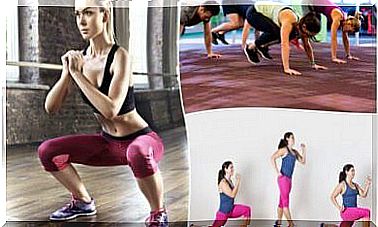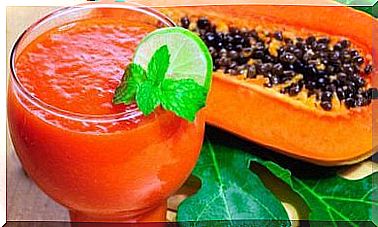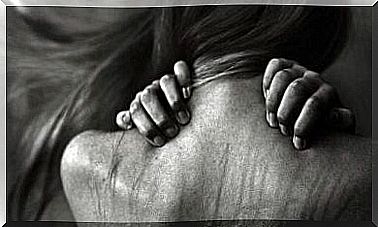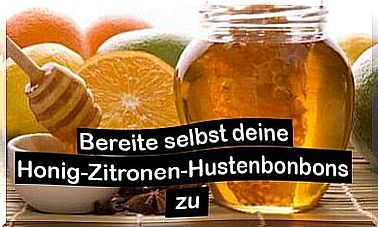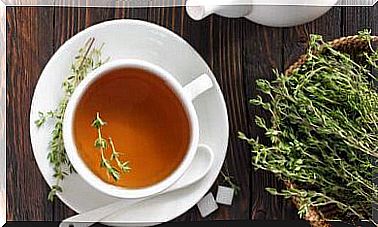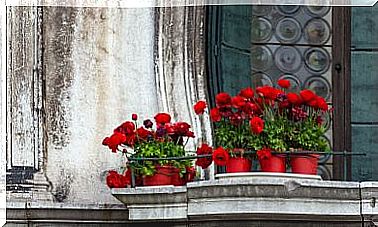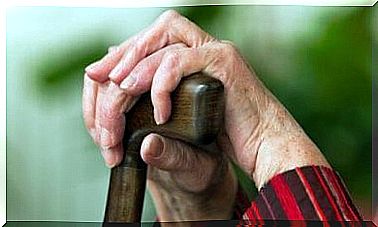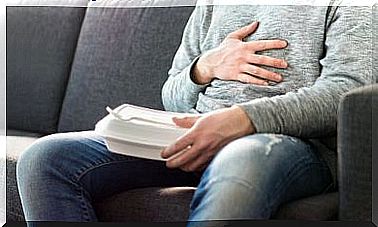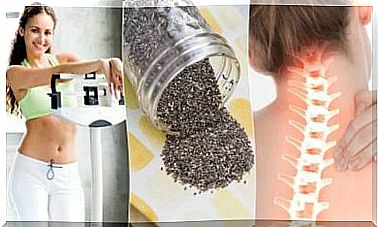Making Detergents Yourself: Ecological And Cheap
If you don’t buy your detergent from large corporations and instead manufacture it yourself, you are doing good for the environment and saving money.
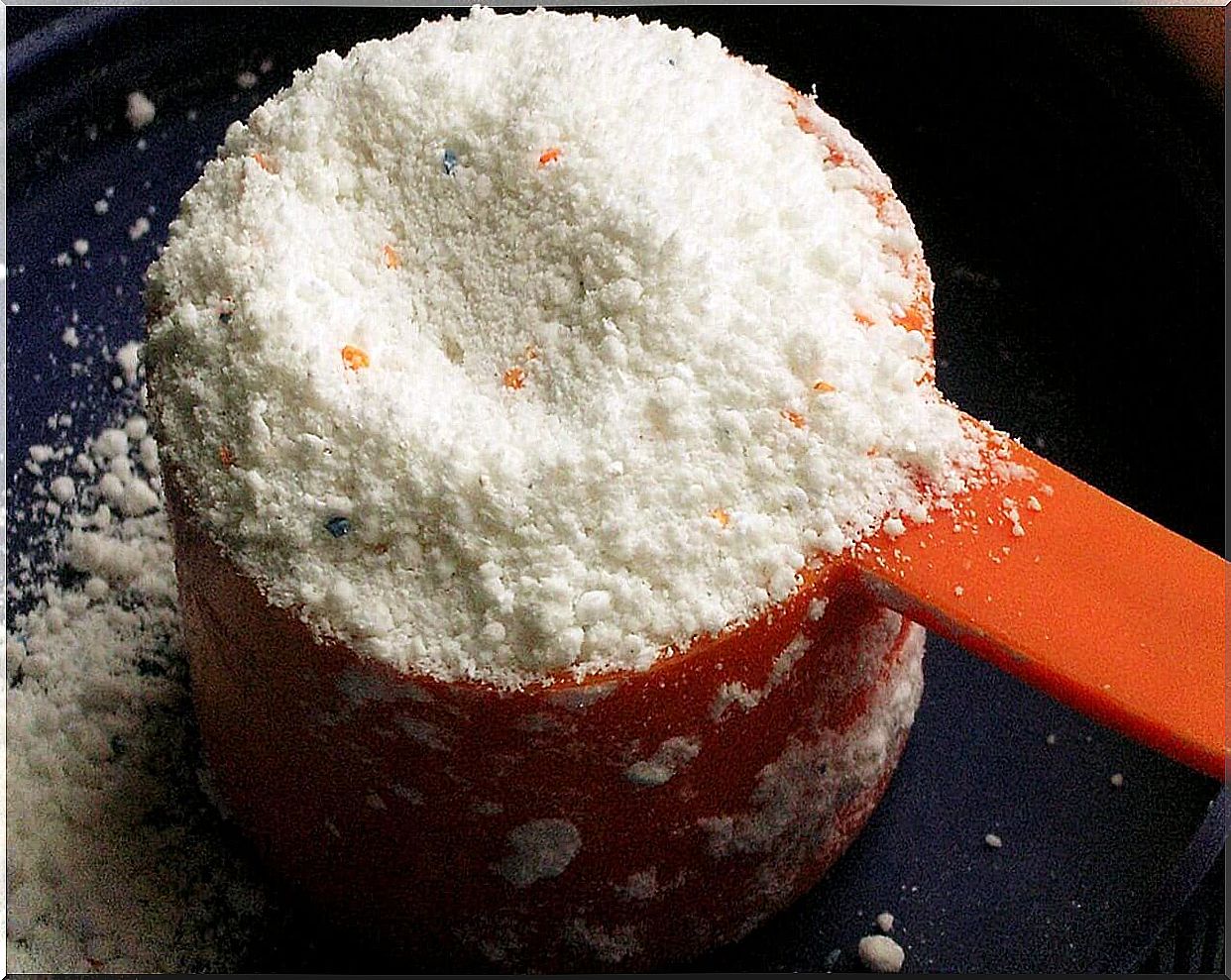
Laundry detergent consists of only a few important ingredients. And you can buy these all individually and also dose them individually. It is not difficult to uncover the secret of the big corporations! Learn with us how you can make laundry detergents yourself .
Why you should make detergent yourself
If you can make your own detergent , you will know exactly which substances will remain on the skin as residues after washing. Some of the substances that are used in commercial detergents can cause allergies, for example:
- Fragrances
- Enzymes
- Optical brighteners
You don’t need these and many other fabrics at all to get your laundry clean! We explain to you which ingredients are necessary for a detergent, where you can buy them and what they do if you put them in the washing machine with your dirty laundry.
You need the following ingredients:
Surfactants
Surfactants are the actual washing-active substances that ensure that, for example, fats are released from your clothing, bound in the water and thus transported away. Soap, for example, is a very simple surfactant.
You can also use soap as a surfactant for your “wash kit”. There are already soap flakes in stores for this, but it is even cheaper if you simply grate curd soap into small, easily soluble soap flakes with the kitchen rasp.
water softener
Depending on the region, the water that comes out of the tap is very hard. The harder the water, the lower the detergent effect of the surfactant.
You probably know this from washing your hair on vacation: sometimes you need a lot of shampoo, sometimes a tiny amount is enough.
Citric acid, which you can get as a white powder in the drugstore, is suitable as a water softener. Please do not use vinegar, as vinegar can damage the seals on your washing machine. Citric acid is odorless.
Wash booster
The higher the pH value of the washing liquor, the better the surfactants work and the cleaner the laundry will be. You can use washing soda to do this. Please do not confuse it with the completely useless baking powder, which is called “soda” in English.
Washing soda is a white, odorless powder that you can also get in drug stores. It must be kept tightly closed as it easily clumps. So find an airtight container for it!
Bleach
You only need bleach if you have stains that you fear won’t go away without bleach. Conventional laundry detergents, especially heavy duty detergents, always contain bleach, you only need it if you see really bad stains.
You can use hydrogen peroxide as a bleach. You can get this in liquid form in the pharmacy in various concentrations. The higher the concentration, the less you need of it. Alternatively, you can buy “mild bleach” or “oxy” products in powder form in the drugstore.
Fragrances
After washing, the laundry should not only be clean, but also smell clean. Instead of synthetic fragrances, you can use natural fragrances if the fragrance is important to you.
You could use the following natural fragrances:
- Rose water
- Essential oils
Add rose water or a few drops of essential oil to the fabric softener compartment so that the scent gets onto the laundry in the final rinse and cannot be rinsed out.
This is not necessary, but because of the industry we are used to fresh laundry smelling …
manual
Now that you know which ingredients are needed, all you have to do is know how to make your own personal laundry detergent. As a basic recipe, you should make a washing powder, which you then supplement with other of the ingredients mentioned as required:
- 2 parts surfactant (soap rasp)
- 3 parts washing booster (washing soda)
So about 200g of soap with 300g of washing soda. You can store both well mixed in a jar. Two heaped tablespoons of the mixture are sufficient for each wash cycle. The other ingredients depend on your personal circumstances:
Ask your local water company how hard the tap water is. For hard water, add about a tablespoon of citric acid as a water softener to each wash. If your tap water is soft, you don’t need it.
If you see stains of organic origin on your dirty laundry (fruit, vegetables, grass, blood, …) you need the bleach. Dose according to the package label, depending on the concentration of the hydrogen peroxide, this varies. You can omit the bleach if you cannot find any visible stains.
Liquid detergent
If you prefer to wash with liquid detergent, the production process is a little more complex:
- Put grated soap and washing soda in a 2: 3 ratio in a saucepan
- For example, 20g of rasp soap and 30g of washing soda
- Fill up with about 2 liters of water
- Cook the mixture until everything is dissolved (attention, foam!)
- Let the solution cool until it is almost solid
- Then boil again and let cool again
The thick liquid can now be used. The same applies here: only dose water softeners, bleach and fragrances directly to the washing machine when required.
Try it out, making detergents yourself is not difficult at all.
